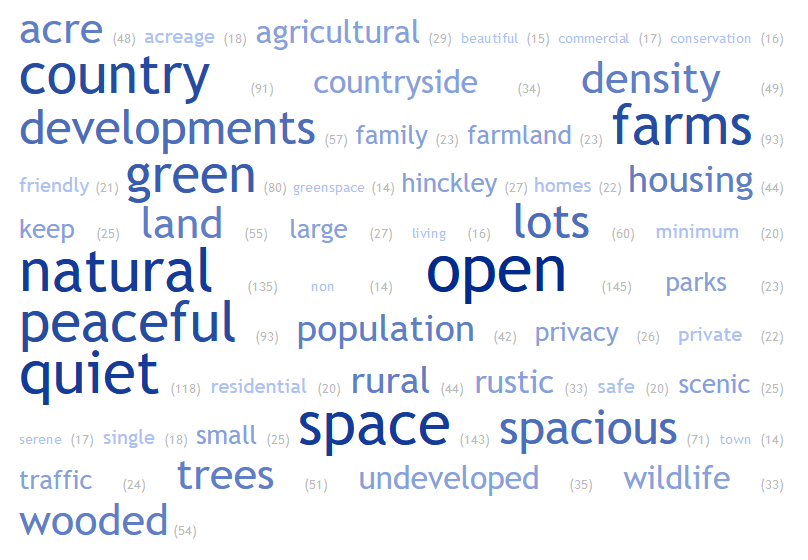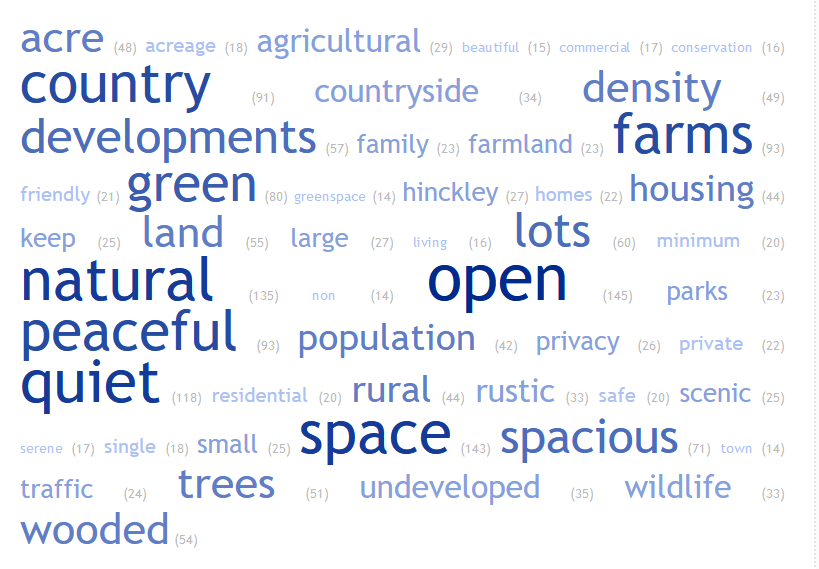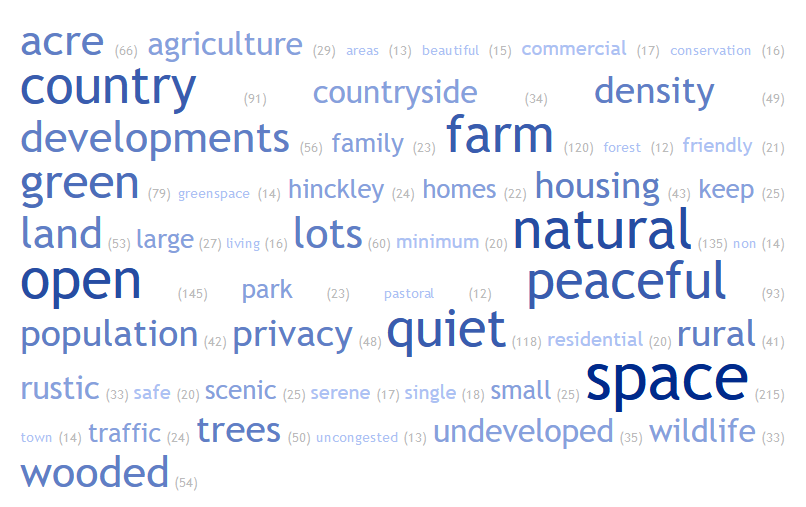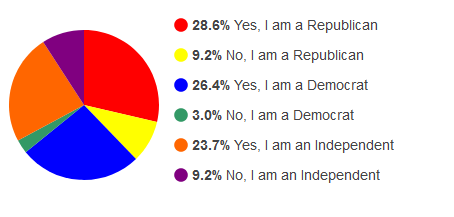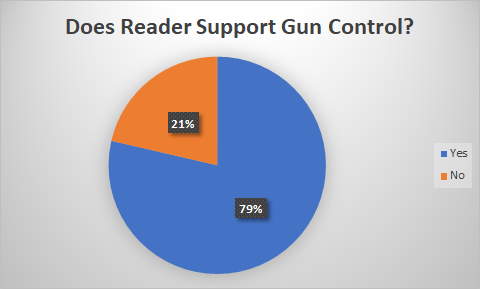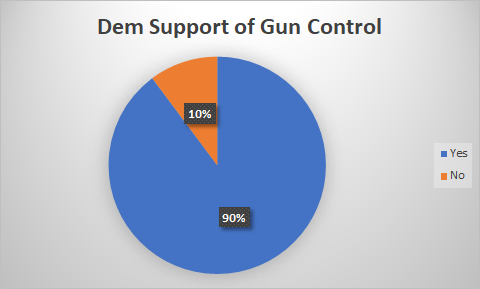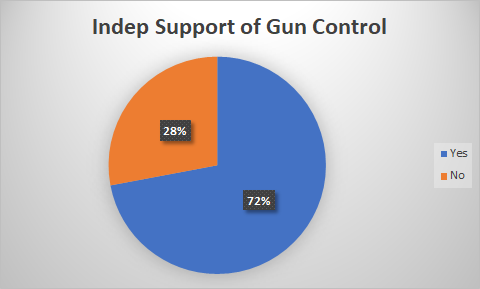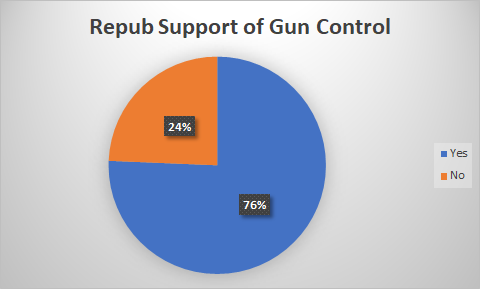ORC 519.25 says:
The board shall adopt a resolution if there is presented to it a petition, similar in all relevant aspects to that prescribed in section 519.12 of the Revised Code, signed by a number of qualified electors residing in the unincorporated area of such township included in the zoning plan equal to not less than eight per cent of the total vote cast for all candidates for governor in such area at the most recent general election at which a governor was elected, requesting that the question of whether or not the plan of zoning in effect in such township shall be repealed be submitted to the electors residing in the unincorporated area of the township included in the zoning plan at a special election to be held on the day of the next primary or general election. The resolution adopted by the board of township trustees to cause such question to be submitted to the electors shall be certified to the board of elections not later than ninety days prior to the day of election at which said question is to be voted upon. In the event a majority of the vote cast on such question in the township is in favor of repeal of zoning, then such regulations shall no longer be of any effect. Not more than one such election shall be held in any two calendar years.
Which made me wonder how many people, exactly, 8% would be. Well, the last election for Governor was 2018, so a quick trip to the Board of Elections site for the 2018 precinct result details shows
| 2016 Governor’s Race | |||||
| Precinct | Registered Voters | Votes Cast | |||
| Hinckley A | 1437 | 1009 | |||
| Hinckley B | 1253 | 867 | Total Cast | 4059 | |
| Hinckley C | 1134 | 735 | 8% | 324.72 | |
| Hinckley D | 1213 | 803 | |||
| Hinckley E | 902 | 645 |
Since the number of signatories needs to be greater than or equal to 8%, that’s 325 people. Which … isn’t really an insurmountable obstacle in a township with just over 5,900 registered voters — about 5.5% of the registered voters.

